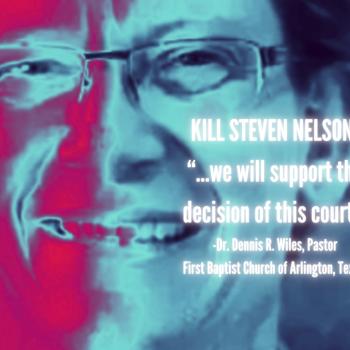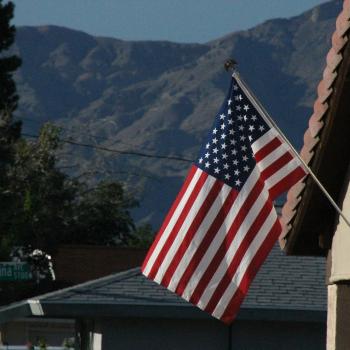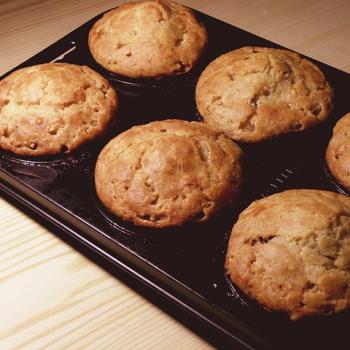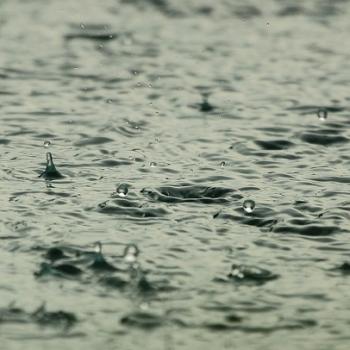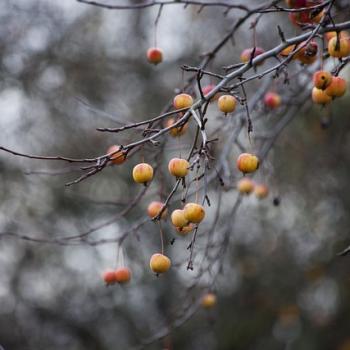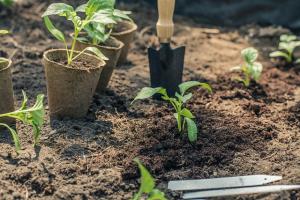
It was finally the cool of the day.
I was hoping for rain. It’s now summer, meteorologically at least. Summer is full of heartbreak for a gardener in Steubenville. When it’s summer, the air swells with hot water as if you’re trapped in a steam room– hotter and more humid, still hotter and more humid. There is, invariably, between thirty and fifty percent chance of a good soaking rain to pop the bubble of humidity. That’s not enough to bank on.
It had rained weirdly for about an hour in the afternoon, and then it stopped, making everything steamier than ever. I was coming down with a cold, which meant I was exhausted. I was just going to step out to check on the garden for a minute, but then I heard the squeaking of rusted scooter wheels.
There was Jimmy’s boy. He’d brought two new children with him: living rag dolls with curly hair and big excited eyes, a boy a little younger than he and a girl a little older. Jimmy’s boy knows all the children up and down the block. I can rarely keep track of any of them, but I was sure I hadn’t seen these two before. They looked at the garden in equal parts apprehension and delight, as if it was a portal to Narnia that had just opened up at the back of the wardrobe.
Jimmy’s boy asked if they could pick a bag of strawberries. The children turned their shocked gaze to him, and then to me.
“Yes,” I said, sitting heavily on the porch, and Adrienne ran to get them grocery bags.
The children had never hand-harvested anything to eat before. It took another moment for them to get over their confusion; then they were trampling through the strawberry patch with Jimmy’s boy and Lady Mcfluff, filling their bags. I warned them that the green ones were too sour, but they didn’t believe me until they’d each tried one themselves. They each took half a bag from the garden and several handfuls from the strainer full of strawberries I still had in the fridge.
The children wanted to know about the other things I had planted there. I gave them a little tour. “This is my compost heap. That’s like a recycling center for lawn clippings and vegetable trash. It breaks down the old food and turns it into fertilizer, and it puts carbon back into the soil. These are my onions; they’re almost ready. You can smell them if you get close! These beautiful flowers will be peas next week. They’re the best kind of peas. They’re the kind you eat raw without taking the shells off. These are tomatoes, I have six vines, but some volunteer tomatoes grew up out of the compost as well, so there’ll be more. These will be zucchini. I’m going to wrap the bottoms of the plants with foil soon to keep the borers off. This is a surprise squash that grew out of the compost, so I don’t know what kind of squash it will be yet. This is a wall of sunflowers. By late summer, they’ll be as big as a fence and in five different colors! Some of them will be tall as you, some will be tall as me, and some will be tall as the house! And these tiny things are going to get gigantic. They’re watermelons. We should have a watermelon by the time you go back to school. And this? This is a barrel of potatoes.”
Just then Jimmy’s voice rang out from down the block, searching for his boy. The children took up their scooters and scooted away.
They were back a minute later with the best compliment imaginable. “Jimmy says we can stay here. He says you’re good people.”
I had achieved Appalachian “Good People” status.
If you haven’t lived here, you can’t understand how important it is to be Good People and to know who else is Good People. If you’re trapped in an underserved neighborhood in a small town in Appalachia, nobody is coming to save you. Neighbors have to take care of each other. You live or die by knowing whether the people around you are kindly and honest folks you can trust in a pinch, or that other kind of person, the kind who will make everything worse. I’ve suffered a lot for not being able to judge the difference. I’ve started to discover the neighborhood Good People and “bad people,” which has made life a lot better. And now here I was, being called “Good People.” A trustworthy person. Somebody the neighbors knew they could let their children visit unattended.
“Do you have anything we can help you plant?” asked the little girl.
I ran and got the last package of sunflower seeds from the front hall– the Mammoth sunflowers, the ones that can tower like trees.
“These,” I said solemnly, as I dug three little holes with my finger, “Will grow twelve feet tall by the time you’re back in school. They’ll have bright yellow flowers with centers as big as a plate. Birds and butterflies will come to land on them, and we’ll leave the dead stalks up into the fall as bird feeders.”
The children planted their Mammoth seeds, reverently, as if they were performing a magic spell.
“Can I have some water?”
Adrienne came out with three glasses of water, which they didn’t drink. The children used the glasses to water my sunflowers for me, while I sat on the porch and caught my breath again.
“I’m going to come visit the garden every time I see you go outside,” promised the girl.
She didn’t leave until it was almost dark.
That night, it really rained. It’s rained for days and cooled the world down to bearable again.
More than bearable: the world was good.
Mary Pezzulo is the author of Meditations on the Way of the Cross, The Sorrows and Joys of Mary, and Stumbling into Grace: How We Meet God in Tiny Works of Mercy.




